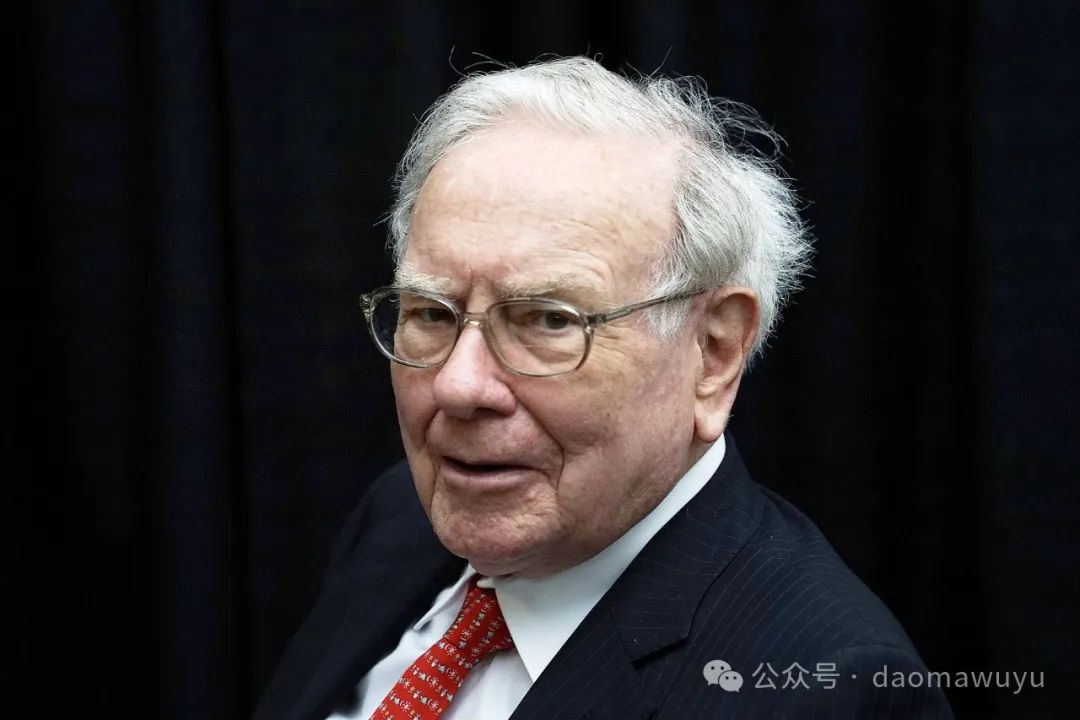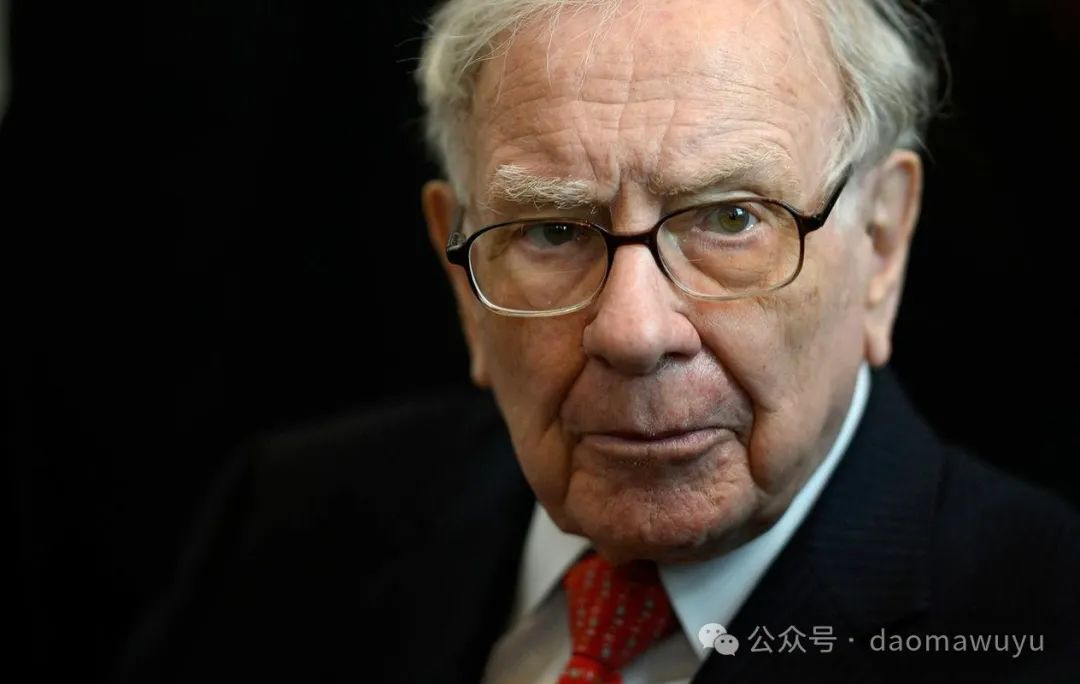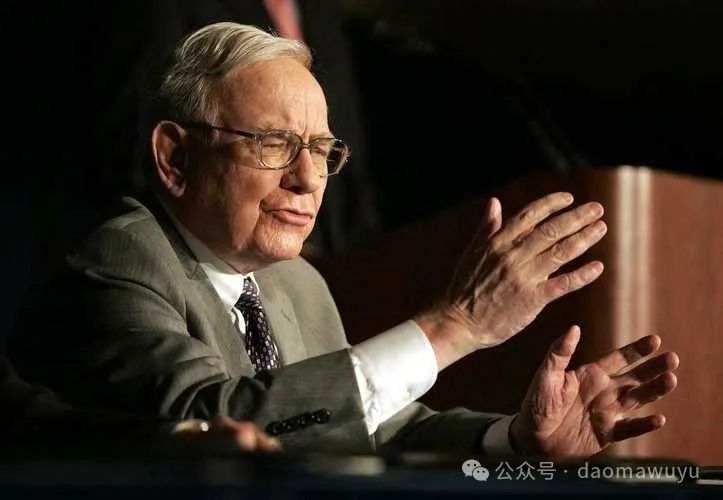Crazy selling of Apple, Warren Buffett shows his fangs
![]() 08/06 2024
08/06 2024
![]() 575
575

He once vowed to be optimistic about the long-term development of Apple Inc. and the rigid demand applications of iPhone, which are considered as a necessity and consumable good that change people's living habits. Buffett was so determined to hold Apple shares and continued to increase his position in the company, instilling confidence in the future of technology stocks. The market value of Apple Inc. could exceed $3 trillion, which was impossible without Buffett's influence.
However, the situation has taken a sharp turn. Buffett's Berkshire Hathaway has begun aggressively selling Apple shares, almost without any significant warning. If it used to be a 10% reduction in holdings per quarter, it is now a 50% reduction per quarter. Such a large reduction in holdings cannot help but arouse people's imagination. For a while, people were puzzled. Why did the "God of Stocks" suddenly lose confidence in Apple Inc.? Is the iPhone approaching the end of its historical cycle? Does the rigid demand no longer exist? Is the application of daily necessities no longer needed?
What did Buffett smell? Why retain a large amount of cash flow and abandon shareholdings, especially in Apple, which is considered a valuable investment? Apple used to be Berkshire Hathaway's largest holding, but now it is being sold off in large quantities. Obviously, this indicates a lack of confidence in Apple's future and a preparation for withdrawal. Choosing to withdraw at this time is not good news for Apple Inc. After all, the company is about to release its next-generation iPhone 16 series in autumn, which is highly anticipated to introduce AI capabilities. Although rumors suggest that Apple may not be able to integrate AI capabilities into the new iOS immediately after the release, market expectations are that it will only be delayed by a month.
After all, Apple has already released a beta version to third-party developers to identify and address any flaws in the AI application. Some people also consider this as a sign that the U.S. stock market has peaked, as it has experienced significant growth for four consecutive years and has accumulated many risks that need to be released. Due to too many uncertainties, the God of Stocks began to worry about the future of the U.S. stock market and chose to sell stocks to maintain cash as king.
According to Berkshire Hathaway A's 10-Q report released on Saturday, the company significantly reduced its holdings of Apple shares from 789 million shares in the first quarter to about 400 million shares in the second quarter, a decrease of nearly 50%. Berkshire Hathaway currently holds about 2.6% of Apple's shares, valued at approximately $88 billion based on Friday's closing price of $219.86 per share. Such a large reduction in holdings was unexpected.

Berkshire Hathaway began purchasing Apple shares in 2016, and over the past eight years, Apple has made significant contributions to Berkshire Hathaway's performance. Some analysts believe that Buffett's reduction of over $80 billion in Apple holdings in the second quarter far exceeds the amount reduced in previous quarters. Buffett's reduction in Apple holdings is considered an important signal that the U.S. stock market has peaked.
Previously, Berkshire Hathaway reduced its Apple stake by 13% in the first quarter, and at Berkshire's annual meeting in May, Buffett responded that the reduction in Apple shares was due to tax reasons resulting from considerable investment gains, rather than based on long-term judgments about the stock. Buffett also stated that Apple is highly likely to remain Berkshire Hathaway's largest holding at the end of 2024. Buffett said that Apple would remain the largest investment unless significant changes occur. Has a significant change occurred, leading to this aggressive selling?
The current U.S. stock market is on edge, and some large technology stocks will see sharp declines if their performance slightly falls short of expectations. Perhaps to avoid some risks, Buffett chose to sell Apple shares. Buffett's sale of Apple shares also directly shook the global stock market. Influenced by Buffett, the global stock market plummeted, with Japan and South Korea experiencing declines of over 10%, and the Tokyo Stock Exchange's index triggering a circuit breaker.

As everyone knows, the U.S. stock market is currently at a high level, and many profit-takers such as Jen-Hsun Huang and Buffett have already left the market. Coupled with the negative effects of the yen interest rate hike and the U.S. economic recession, the capital market is facing greater challenges. Buffett's actions have merely added a catalyst to the market.
Apple faces certain competitive pressures, especially as the next-generation products equipped with AI applications need to be validated by the market. The market anticipates that after Apple's AI deployment, it will bring a recovery to the consumer electronics innovation cycle and the global semiconductor industry. If the consumer electronics industry starts a new growth cycle, the outlook will naturally be more optimistic. However, if the AI-enhanced capabilities are not recognized by the market or do not generate enough interest, and the market remains lukewarm, Apple will face increasing pressure.
In the first half of this year, the performance of companies in the Apple supply chain was not bad, but this was built on the assumption that Apple's attributes could continue to remain strong. If Apple fails to achieve new development trends, meaning users are not as eager to upgrade their devices, the entire Apple supply chain will face significant challenges in the future. Currently, some companies in the Apple supply chain have begun to shift towards smart vehicles and continuously expand into new revenue areas, aiming to reduce their dependence on Apple as much as possible. Meanwhile, Huawei's return has, to a certain extent, brought new hope to the entire supply chain.







